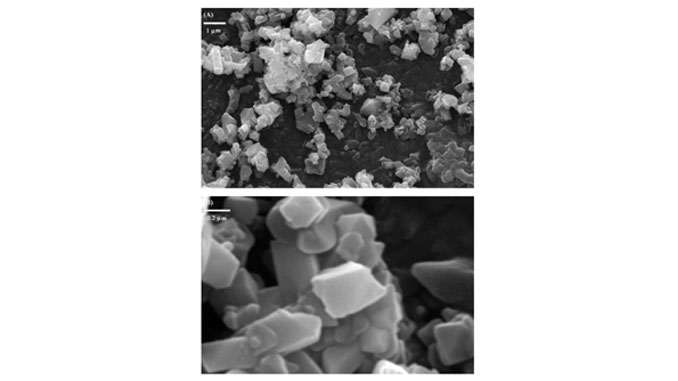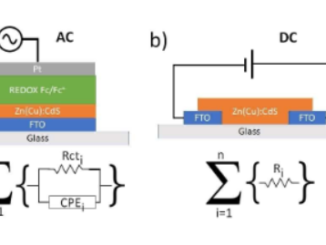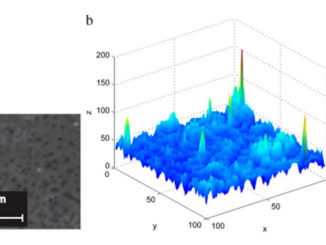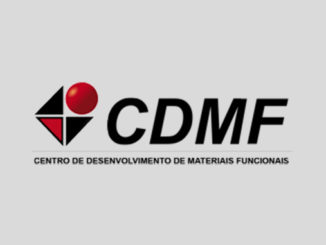
Writers: Wesley B.S. Machini, Cibely S. Martin, Murilo T. Martinez, Silvio R. Teixeira, Homero M. Gomes, Marcos F.S. Teixeira
Keywords: Hausmannite-type manganese oxide; Sensor for sodium ion; Electrochemical sensor; Sodium analysis; Urine samples
Abstract: The preparation and electrochemical characterization of hausmannite-type manganese oxide to use as a sensing material for sodium ion is described. This paper reports a new via synthetic to obtain of the hausmannite-type manganese oxide and its application in the construction of modified electrode as a voltammetric sensor. The electrochemical activity of hausmannite-type manganese oxide is controlled by intercalation/deintercalation of the sodium ions within the oxide lattice. The detection is based on the measurement of anodic current generated by oxidation of MnIII–MnIV at electrode surface. The best electrochemical response was obtained for a sensor composition of 20% (w/w) hausmannite oxide in the paste, a TRIS buffer solution of pH 6.0–7.0 and a scan rate of 50 mVs−1. A sensitive linear voltammetric response for sodium ions was obtained in the concentration range of 2.01 × 10−5–2.09 × 10−4 mol L−1 with a slope of 355 AL mmol−1 and a detection limit of 7.50 × 10−6 mol L−1 using cyclic voltammetry. The use of hausmannite has significantly improved the selectivity of the sensor compared to the birnessitetype manganese oxide modified electrode. Under the working conditions, the proposed method was successfully applied to determination of sodium ions in urine samples.
DOI: 10.1016/j.snb.2013.01.030




